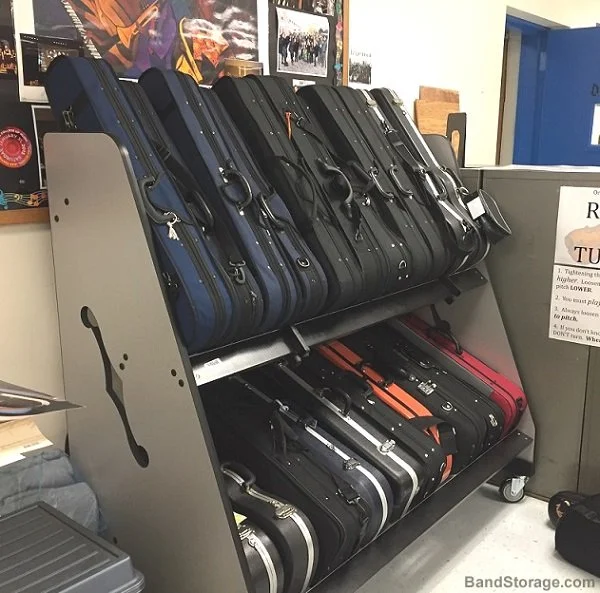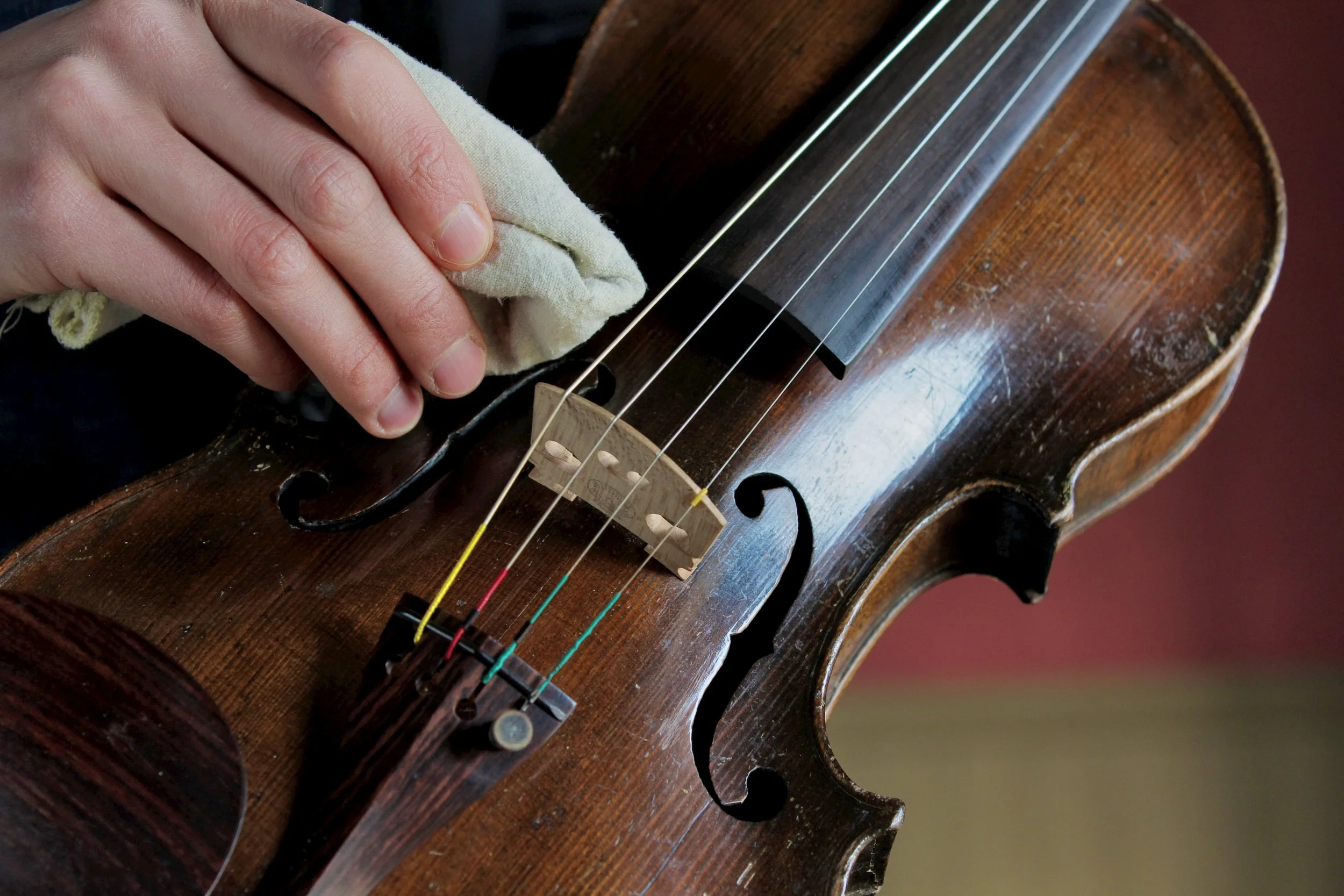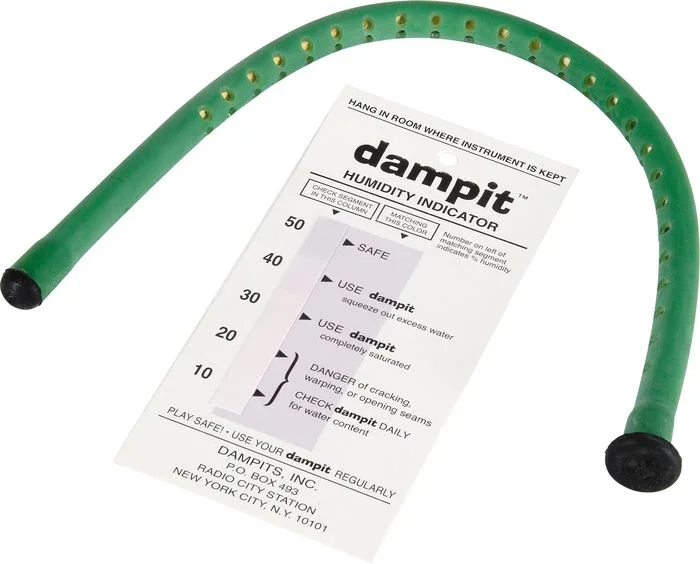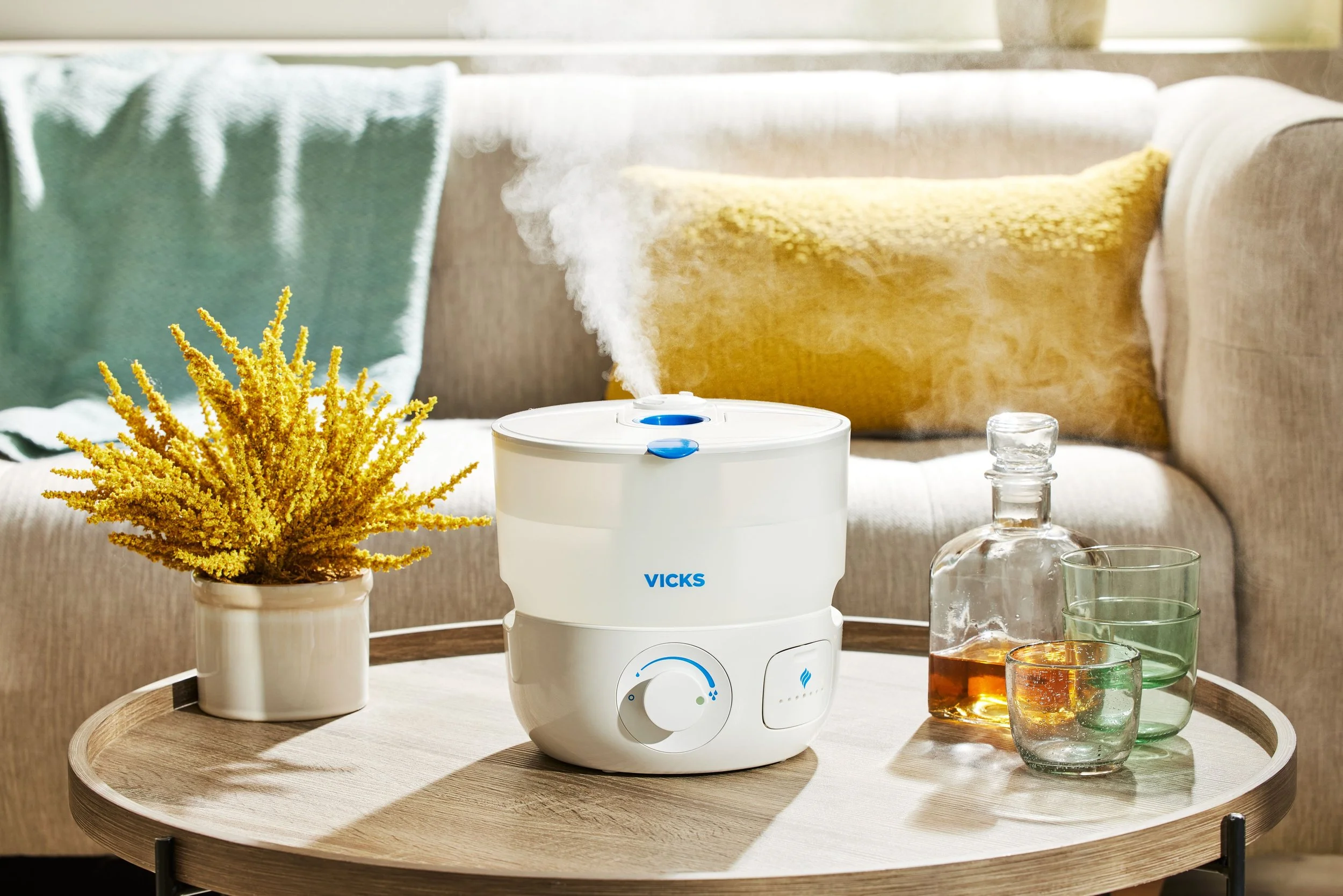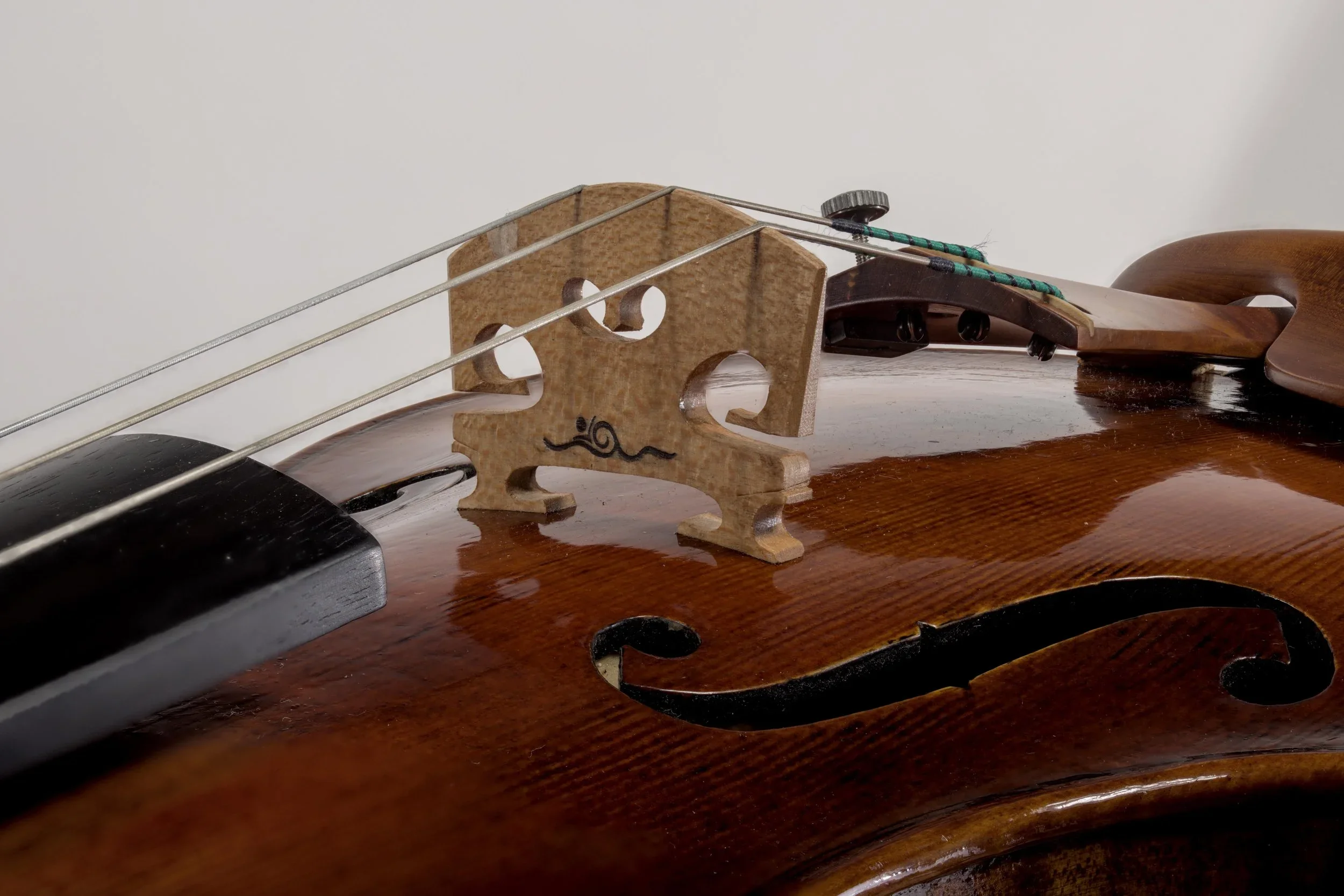Daily Maintenance: It’s important to care for your instrument!
🎻 Wipe down instruments – Use a soft cloth to clean rosin dust off the strings and body after each use. Rosin buildup can damage the varnish and affect sound quality.
🎻 Always loosen the bow when done playing – Loosening the bow hair will protect your bow from damage!
🎻 Tune with care– Tune your strings gently to avoid sudden tension changes that could cause a string to snap. Ask for help if you need it.
🎻 Store instruments in cases – Keep your instrument in its case when not in use to protect it from temperature and humidity changes.
Instrument Care Tips
Here are some tips you can share with students!
Click here for a fun, formatted Google Slides presentation ⭐ Feel free to make a copy and edit as needed!
Handling & Storage:
🎻 Avoid extreme temperatures – Never leave your instrument in a hot car or near heater vents
🎻 Control humidity – Keep humidity levels between 40-60% (consider buying a device) to prevent cracks in dry/cold weather and swelling. Considering using a humidifier (such as a Dampit) if necessary.
Humidifer: ($19 on amazon) ⭐ Tip: basements are often the most humid ⭐
Dampit: ($10 on amazon for violin/viola), ($14 on amazon for cello)
Humidity monitor: ($7 on amazon)
🎻 Hold your instrument properly – While fun, try to avoid spinning your instrument around, and definitely avoid hanging violin/viola scrolls off of a music stand.
Bow & String Care:
🎻 Rosin sparingly – Too much rosin can create a sticky buildup on strings and affect your sound. Apply just enough for a good sound.
🎻 Change your strings regularly – Strings lose their tone and elasticity over time. Replace violin/viola strings every 2-3 months and cello/bass strings every 3-6 months.
🎻 Avoid touching your bow hair – Oil from your fingers will make the hair slippery and affect your sound.
Long-Term Care:
🎻 Check the bridge & soundpost – Make sure the bridge remains straight/upright. If it tilts, reach out to a luthier. The soundpost should always be intact and properly positioned inside the instrument.
🎻 Get regular check-ups – A professional luthier can check for open seams, soundpost adjustments, and general wear.
🎻 Use a good case – A sturdy, padded case with secure latches will protect against accidental drops and environmental changes.
